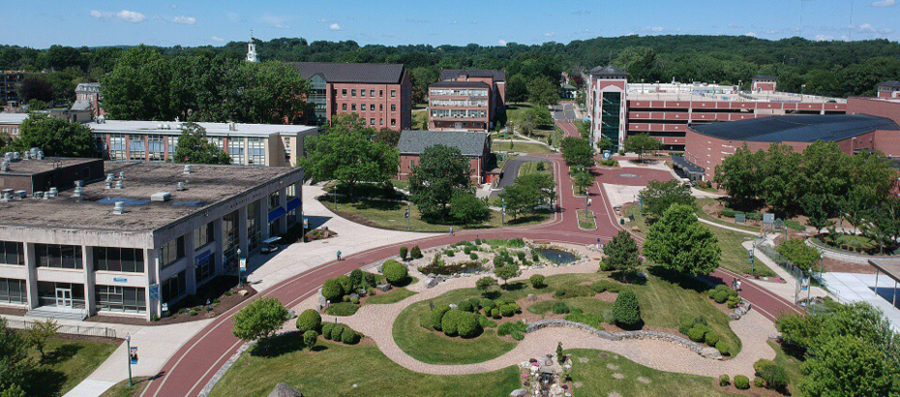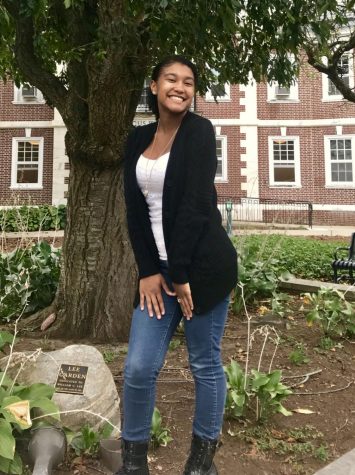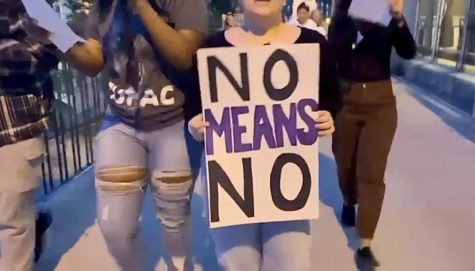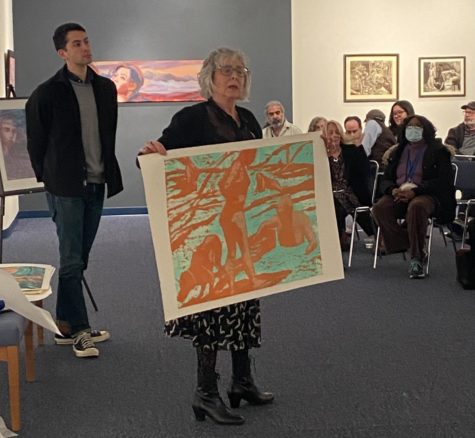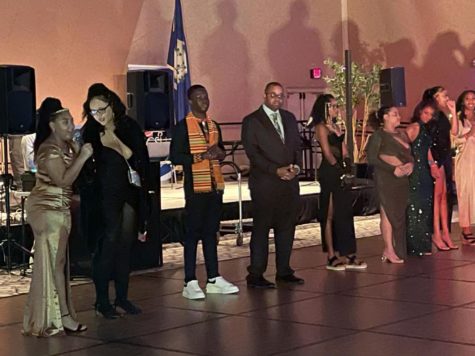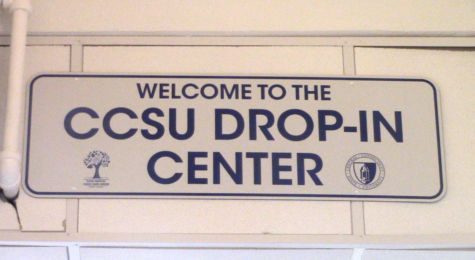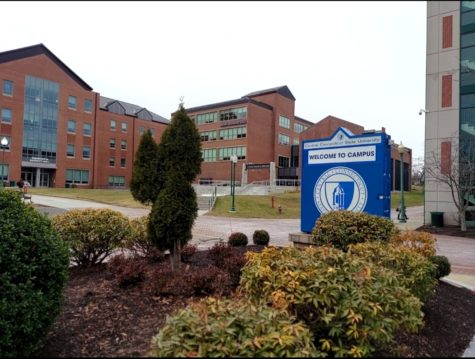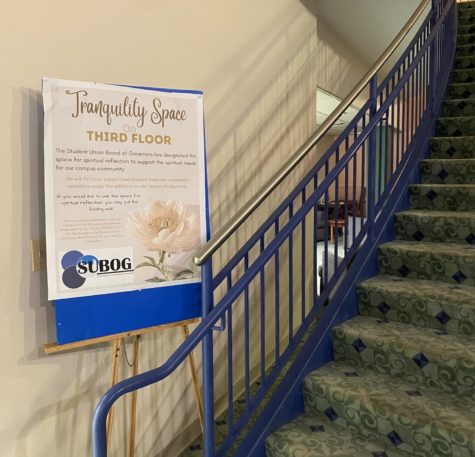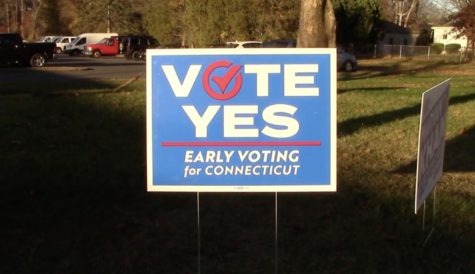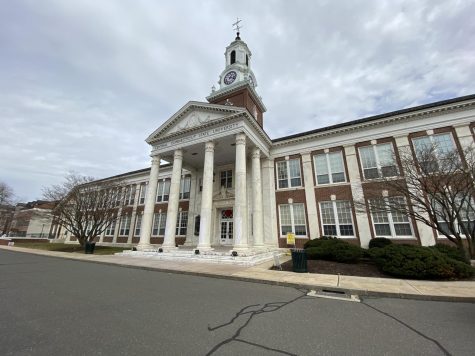Students Wonder What Lies Ahead For Next Semester
May 8, 2020
With the uncertainty of what the future has to offer, the reality of coronavirus has been a difficult pill to swallow for many. For Central Connecticut students especially, the future of the fall semester is still up in the air.
Students recently received an email from the university addressing the potential return to campus in the fall. Despite Governor Ned Lamont announcing plans for possible reopenings of many businesses in the coming weeks, President Dr. Zulma R. Toro stated the university will have “a great deal of work ahead to ensure [their] safe return to campus.”
According to Dr. Toro, a number of conditions must be met before phasing back onto campus, including a decrease in coronavirus cases within the state, adequate safety supplies and health guidelines, as well as four plans filed with the Connecticut Department of Public Health and other concerns.
Along with this, the university is preparing potential plans for on-ground, hybrid and online learning in the fall.
“We have a great head start on this planning, thanks to the Herculean efforts by eight teams of faculty, staff and students. These workgroups have spent the last couple of weeks identifying the academic, psychosocial and financial challenges created by the coronavirus pandemic,” Dr. Toro said in an email.
Since vacating the campus on March 12, students have received several emails about actions taken by the university. However, many students are most focused on the future. During a virtual open forum, over 50 students prompted questions regarding the current semester, the fall semester and details involving CCSU’s plans against COVID-19.
Sal Cintorino, one of the forum panelists, assured students that the university is “working diligently” to create plans with several committees and groups in order to process the logistics on the plans for the fall semester. He hopes that by the beginning of June CCSU will have reached a final decision.
But his reassurance was less than comforting for some.
For Christensen, the current semester has been less than ideal, specifically in terms of learning. After transferring to an online learning format, she felt a decline in her professors’ teaching methods and was worried if the same issue would persist in the fall.
“What will be done to regulate online learning if we continue to be online next semester? I, and several other students, have experience professors emailing lecture notes or just recommend book chapters rather than lecturing,” she said during the forum. “Any neurodivergent student who is unable to learn fully through reading is, pardon my language, screwed.”
But even with her displeasure for e-learning, Christensen is unsure if reopening the campus would be the safest option moving forward.
The idea of “normal” also seemed unrealistic for Cheyenne Bermudez, who also attended the forum.
“I don’t believe that we are going back to ‘normal’ as we’ve known it. A new normal is going to have to be established in order to prepare for a potential second wave of the virus,” Bermudez said. “However, even with the coronavirus and the uncertainty of whether we’ll be on-ground or not, I know that work still needs to be done and I’m willing to do whatever it takes to help students get through this difficult time.”
As the newly elected Vice President for Student Government Association, Bermudez has taken on the responsibility to voice the questions students have been asking. While she works to be an advocate for them, she remains aware that the decision to return to campus is beyond CCSU’s control and lies in the hands of the state.
“While I understand that this is an unprecedented occurrence, I believe that the administration has worked hard in trying to be as transparent as they possibly can,” Bermudez stated. “I am also painfully aware that a lot of the decisions that have been made are beyond the control of CCSU, however, that still doesn’t alleviate all of my frustrations with how the evacuation was handled, for resident students in particular.”
“My main concern, which I’m sure is being echoed by many students, is how the university will operate in the fall semester? Will social distancing still be implemented? Will there be new guest regulations within the residence halls?” she said.
As of now, her questions still remain unanswered. However, even with these concerns, Bermudez remains optimistic for the future of CCSU and for the safety of her classmates.
“I don’t realistically believe that the university will risk potentially endangering students by opening up the residence halls without confirmation from the state or federal government. I know that the administration is working hard on developing the safest plan of action for the fall semester, and I do hope I get the chance to go back to campus for my senior year.”
